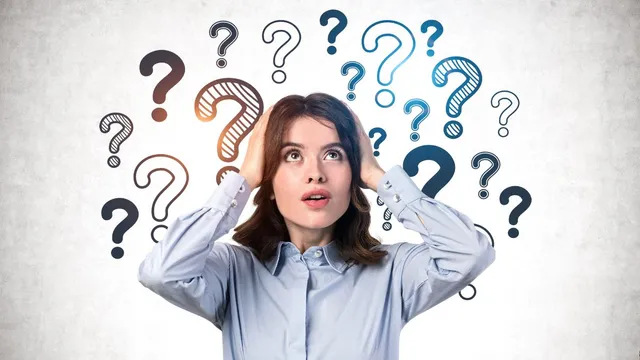- By Shailvee Tiwari
- Wed, 30 Apr 2025 03:00 PM (IST)
- Source:JND
Have you ever sat in an exam hall wondering, 'Who even came up with this idea?' You're not alone. Turns out, exams didn’t just pop out of nowhere. They were created to test knowledge in a more organised way. The man most often credited with introducing formal exams in the 19th century is Henry Fischel, an American businessman and philanthropist. His goal? To create a fair system to measure what students have learned.
Before Exams Were A Thing:
Long before Fischel’s time, people still had ways to test their skills. The Chinese were way ahead, their Imperial Examination system started over a thousand years ago. This test was used to choose people for government jobs. It was tough and serious, and many believe it laid the foundation for modern exams.
How Exams Reached India?
In India, exams became official during British rule. Around 1806, the British introduced the Civil Services Exam in London. Soon after, a similar exam was held in India to recruit officers for government jobs. This is how formal testing systems made their way into Indian education.
Recommended For You
Why Are Exams Still Around?
Even though most students dread them, exams haven't gone away. Why? Because they do more than test what we know. They teach us how to handle stress, manage time, stay focused, and work under pressure. These are real-life skills we use even outside school.
The Bigger Picture:
Life is full of challenges—some planned, some not. Exams are like a mini version of those challenges. They help us prepare, push our limits, and build confidence. So, while no one likes exams, they do play a role in shaping us into stronger, more capable people.






